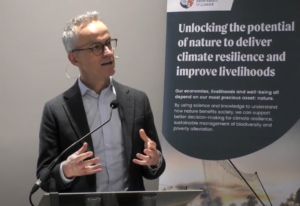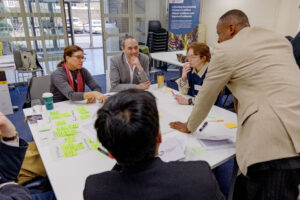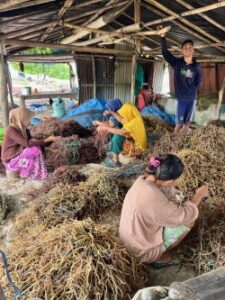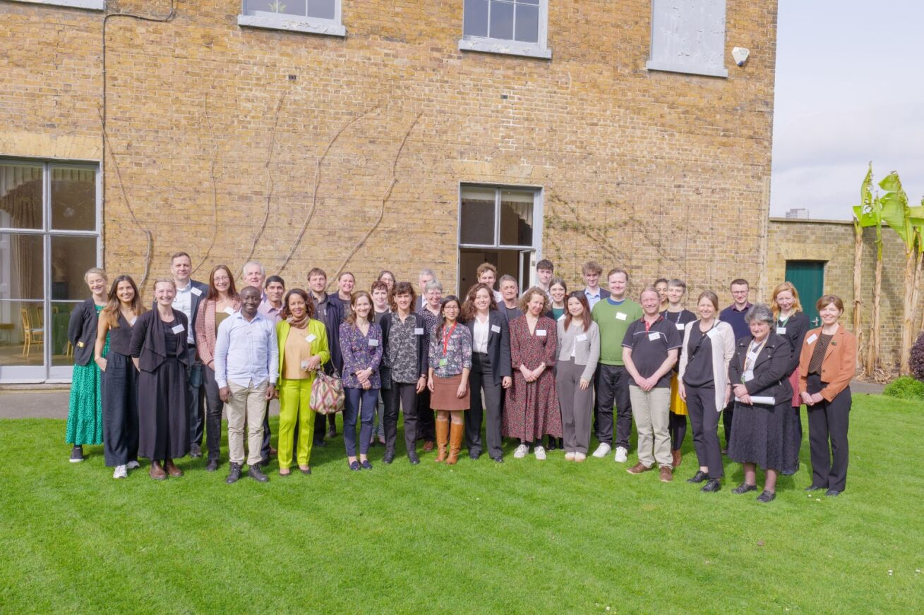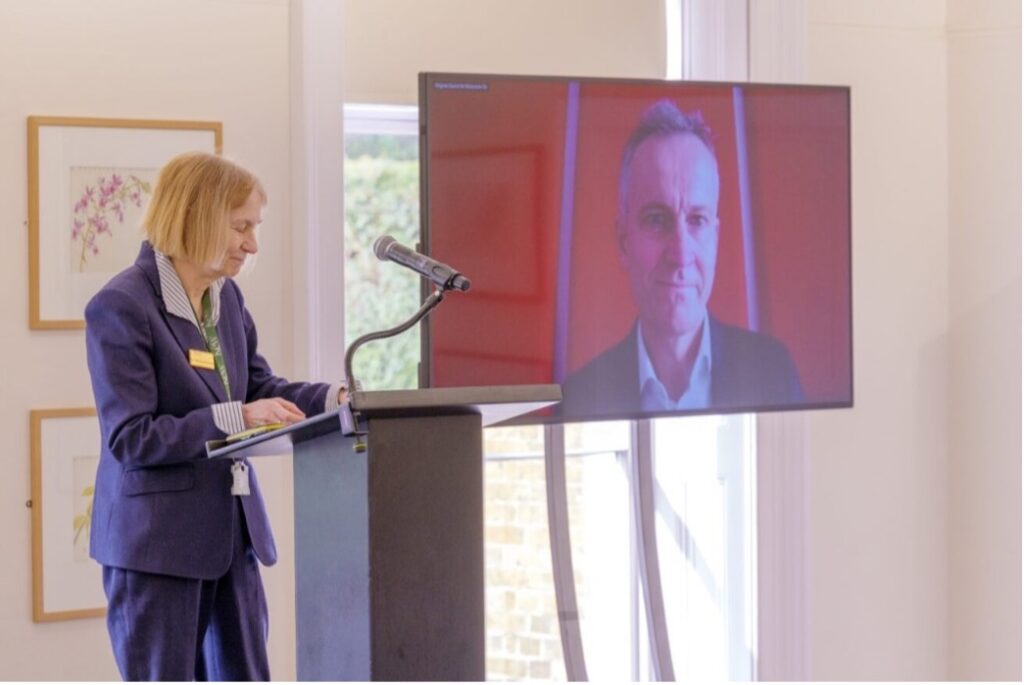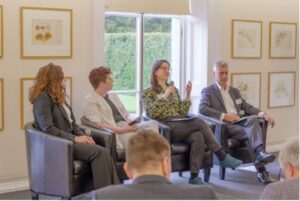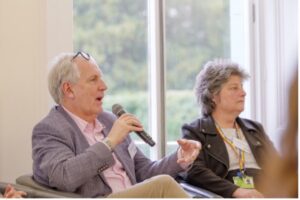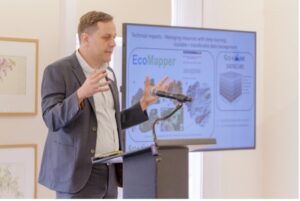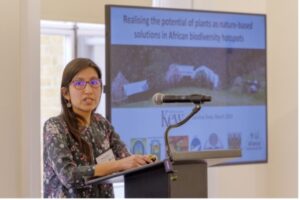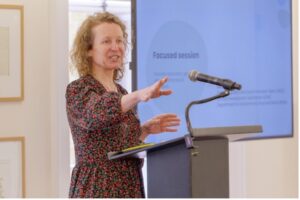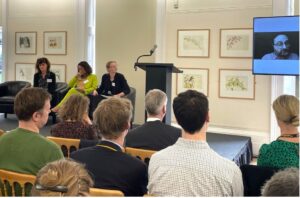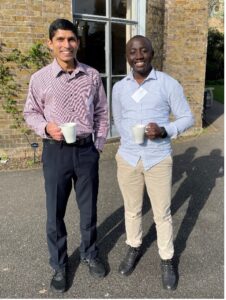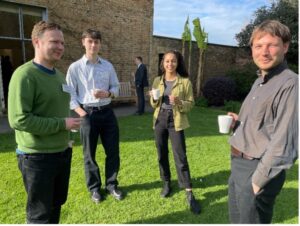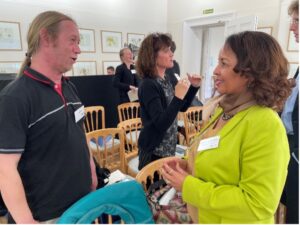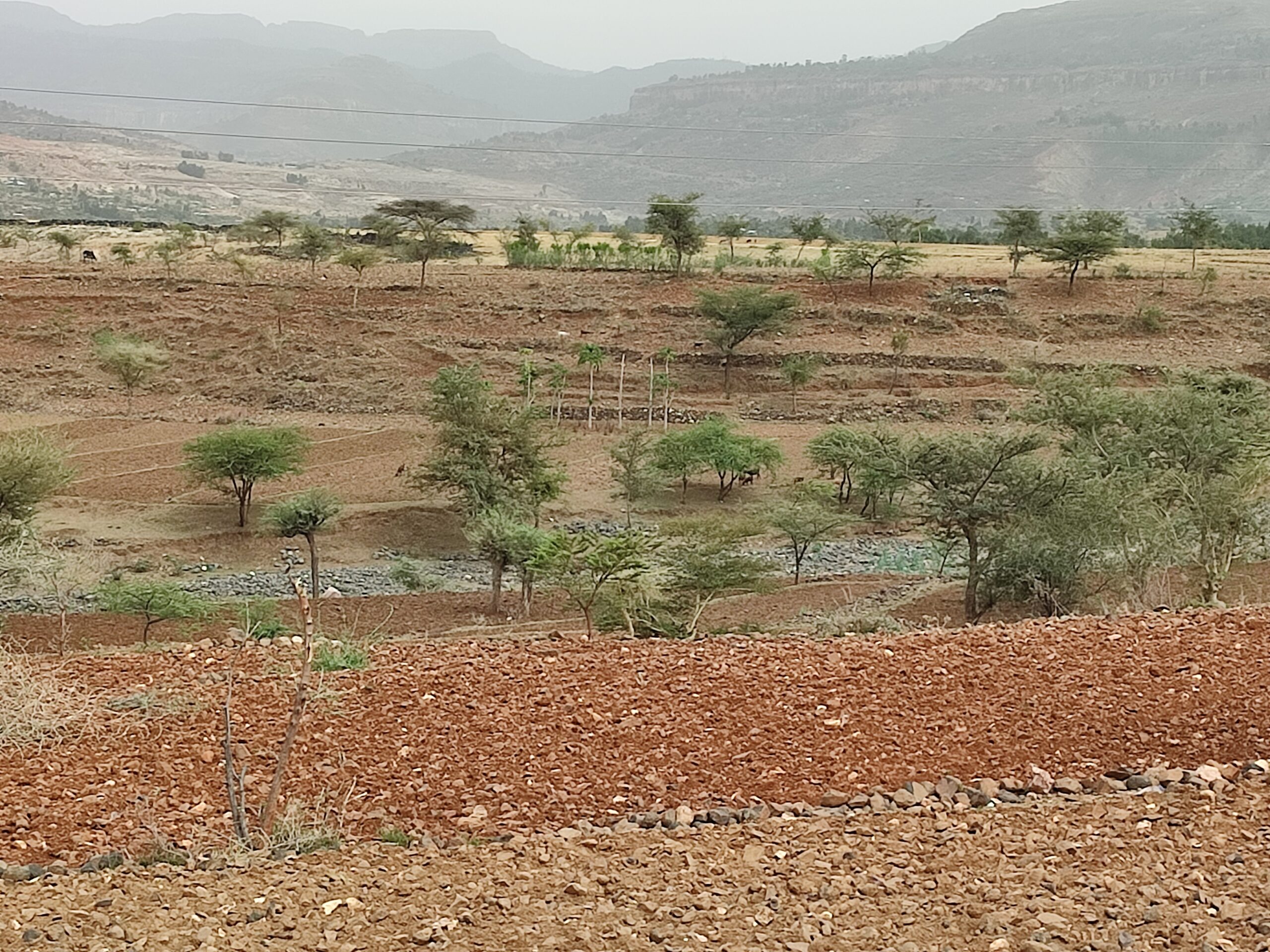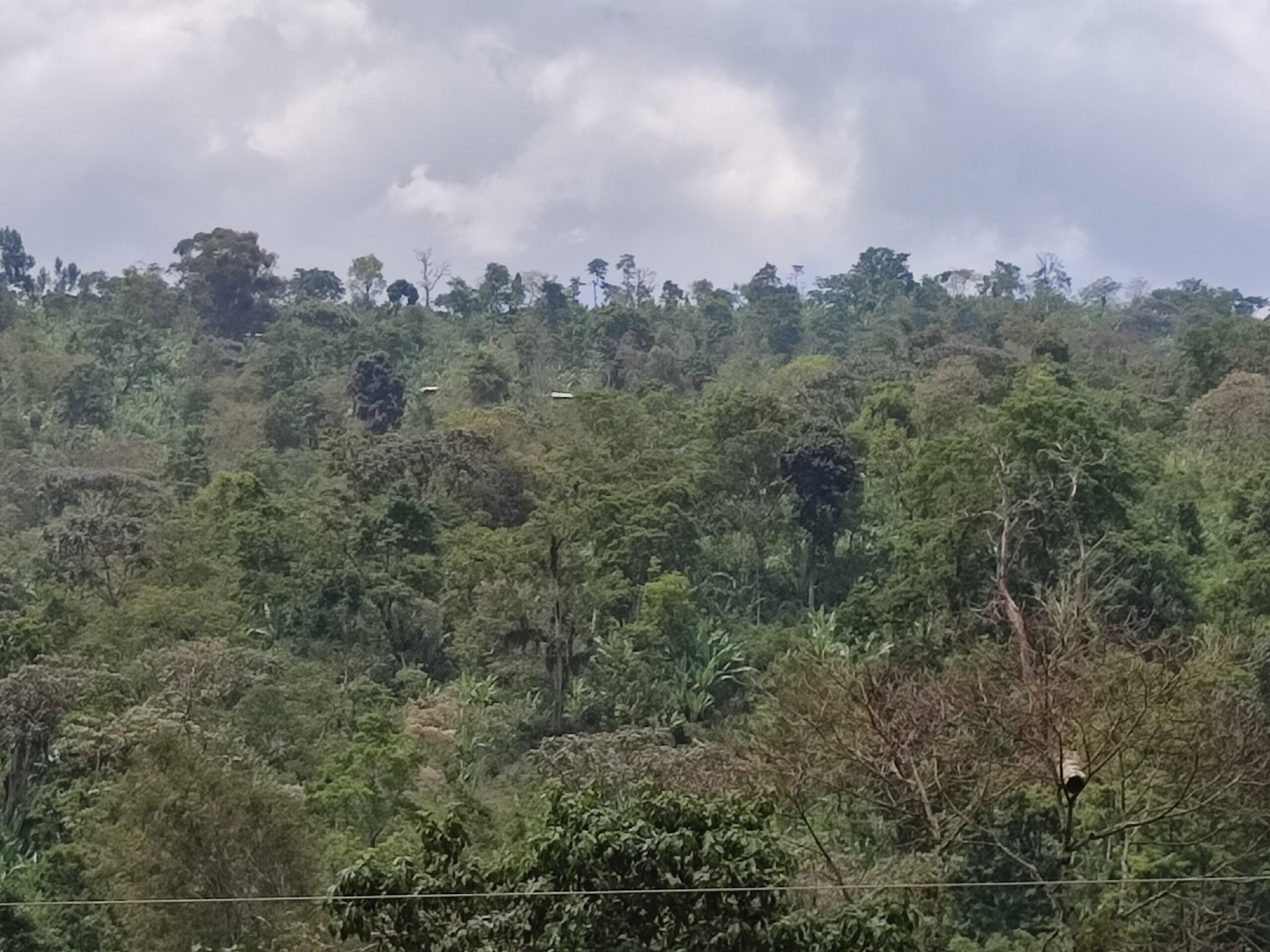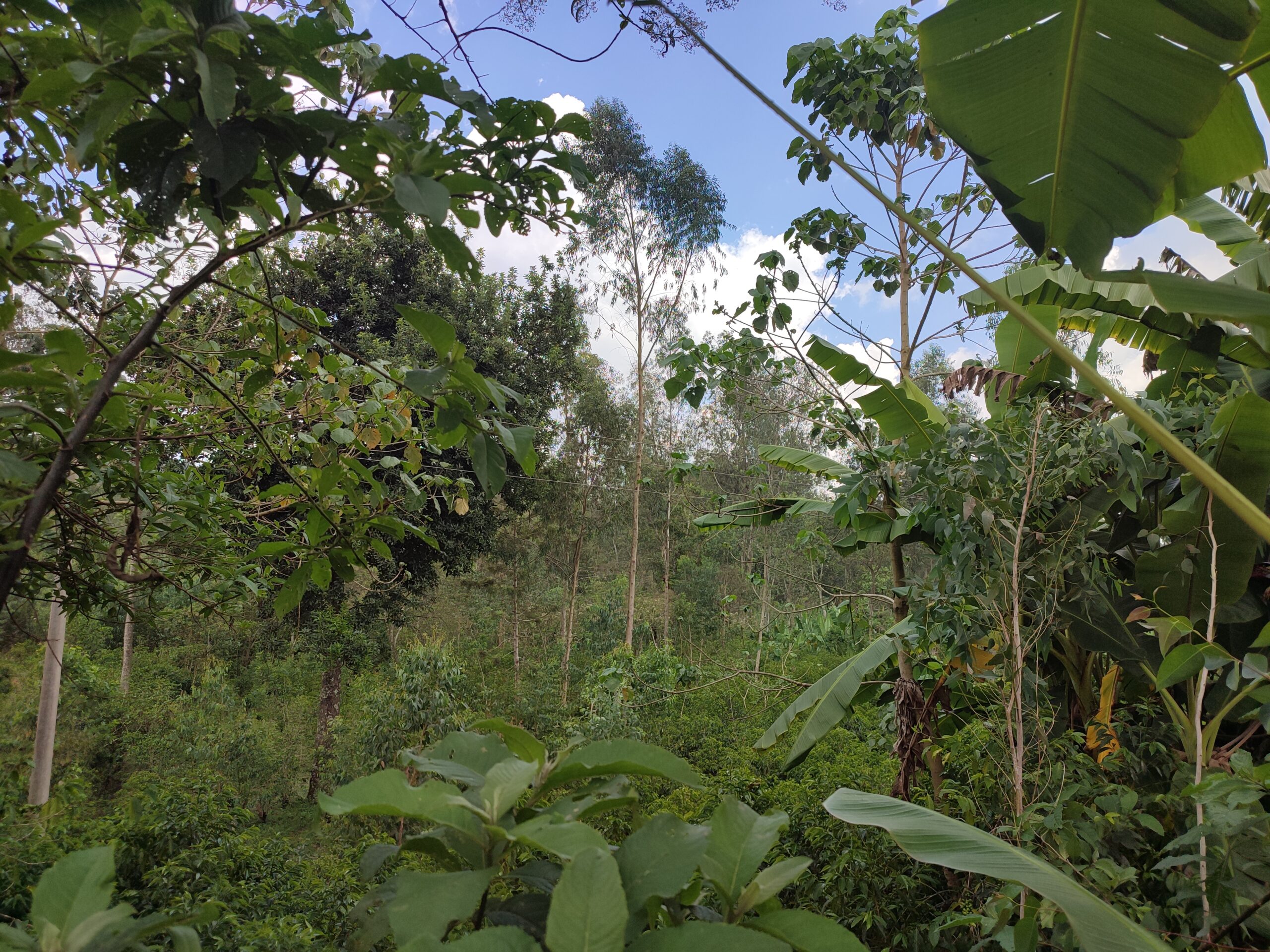Project Summary
Countries: Indonesia, Malaysia
Delivery Partner: The Scottish Association for Marine Science (SAMS)
Project Partners: National History Museum, University of Malaya, United National University – Institute on Comparative Regional Integration Studies
Principle Investigator: Professor Elizabeth Cottier-Cook, Research Area Leader in Seaweed Resource Management, SAMS
GlobalSeaweed-SUPERSTAR works to protect global wild seaweed stocks, enhancing the biodiversity of habitats and strengthening the livelihoods of the seaweed farms and local communities.
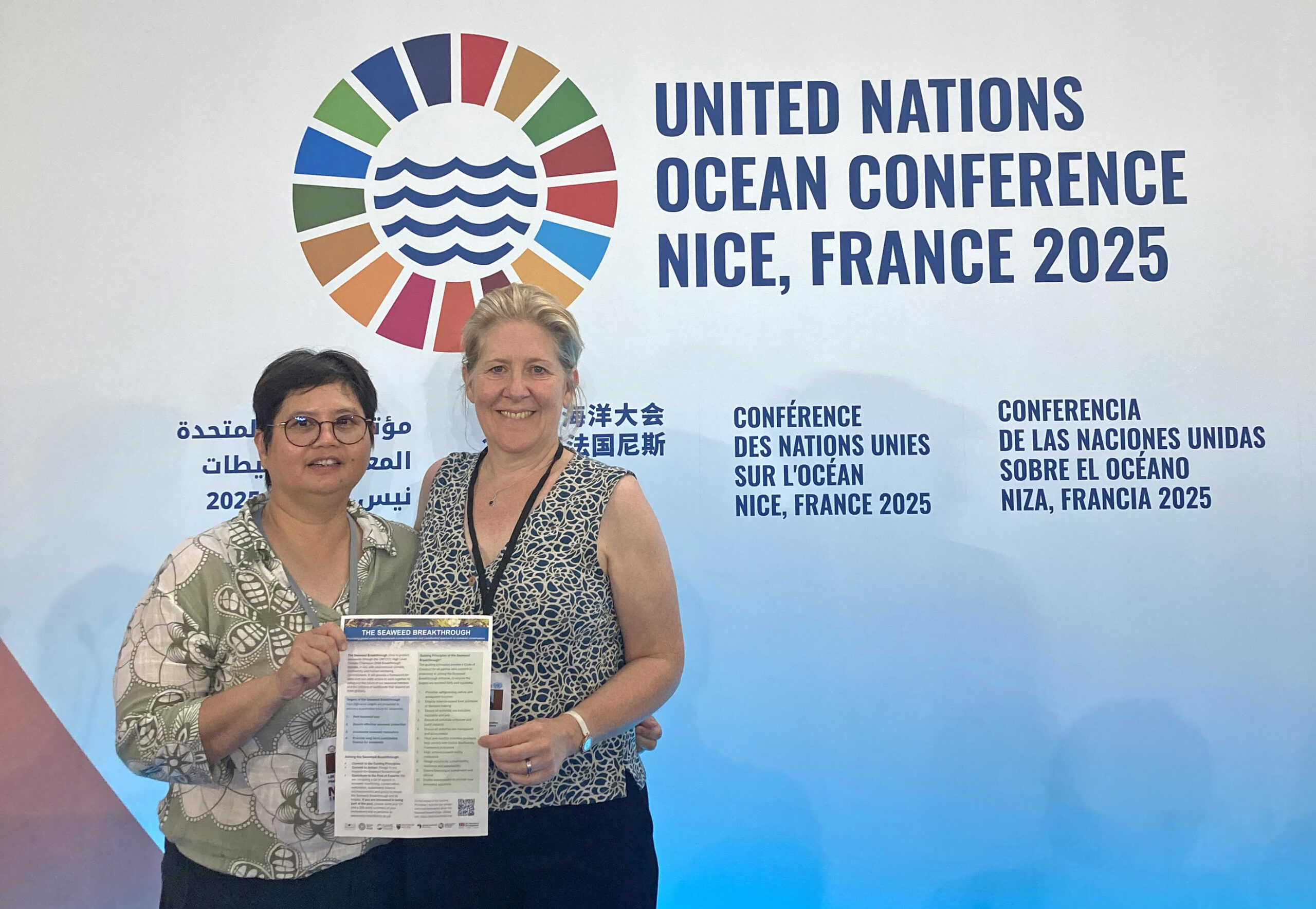
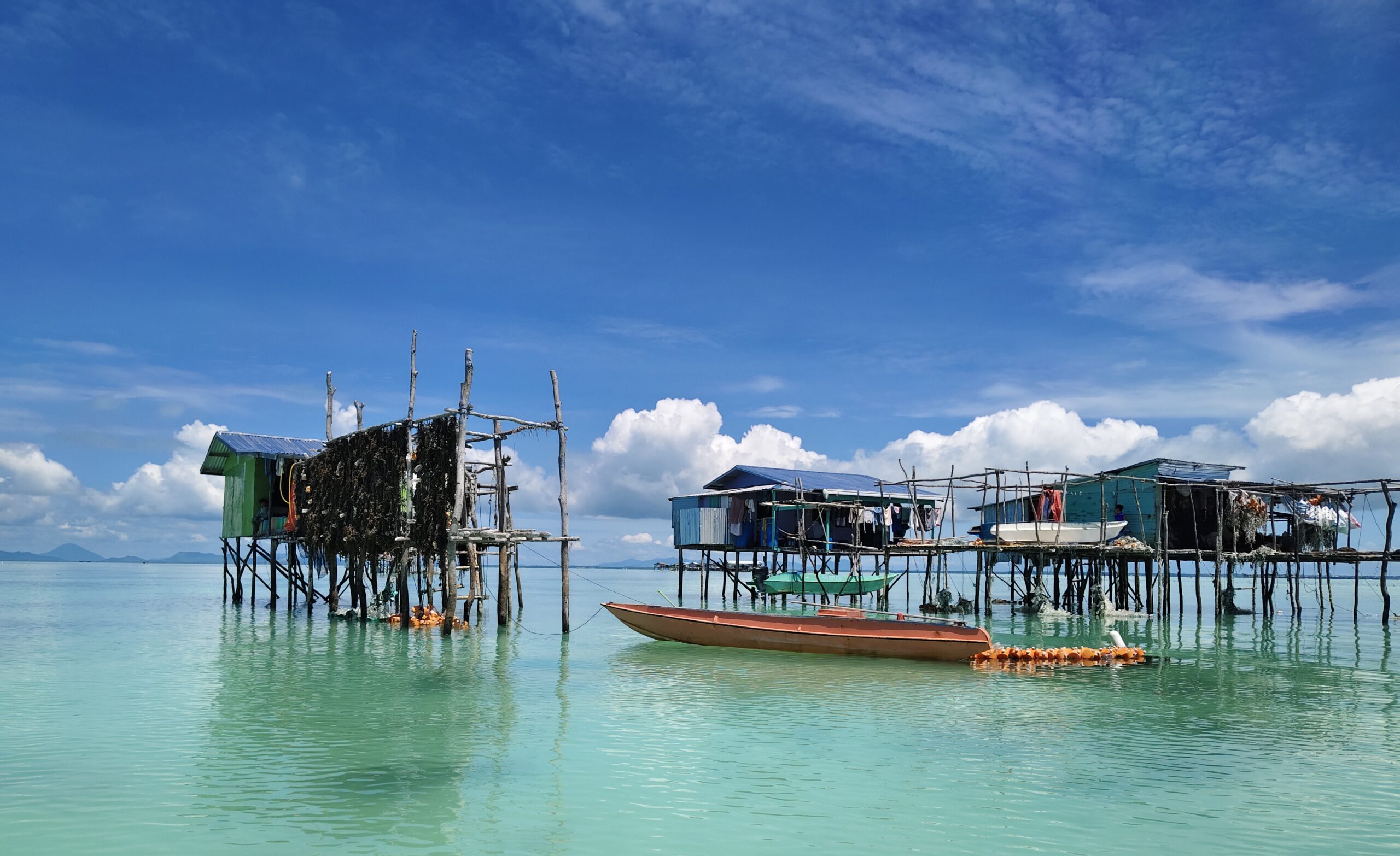
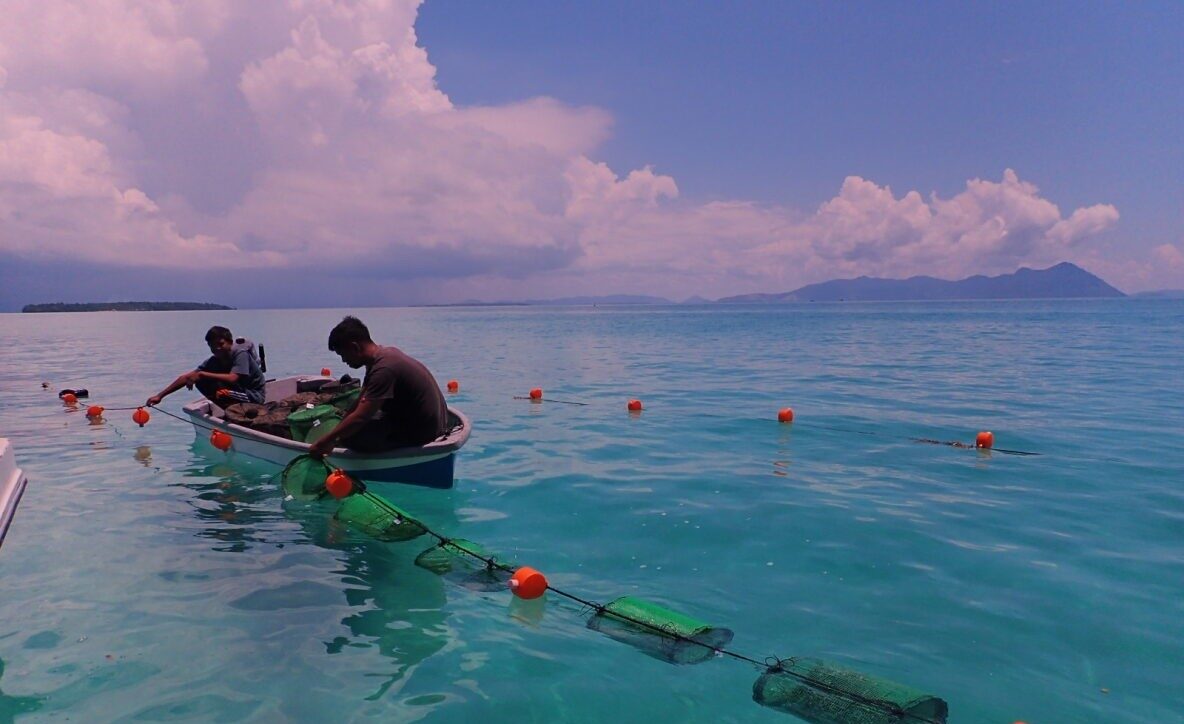
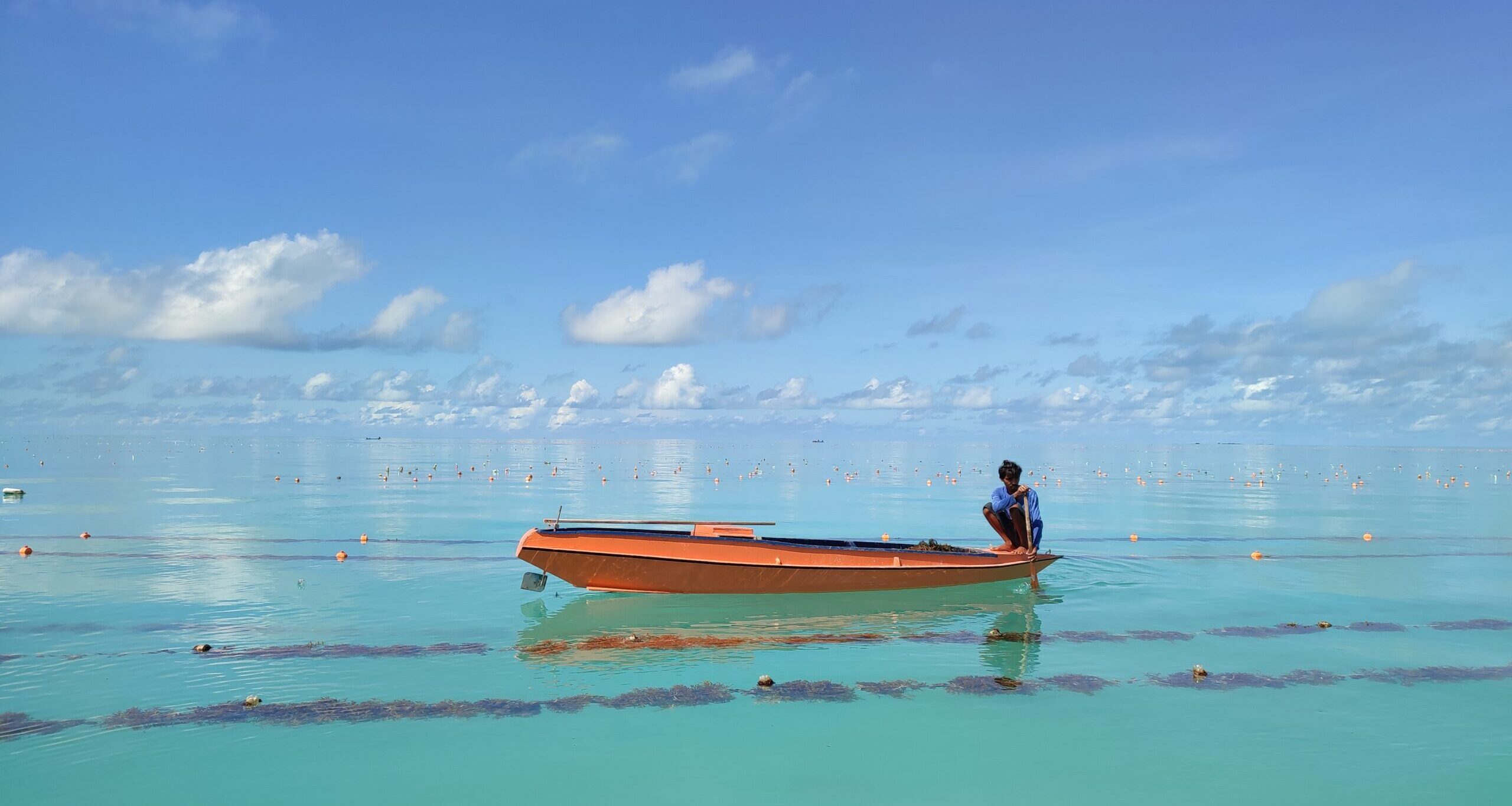
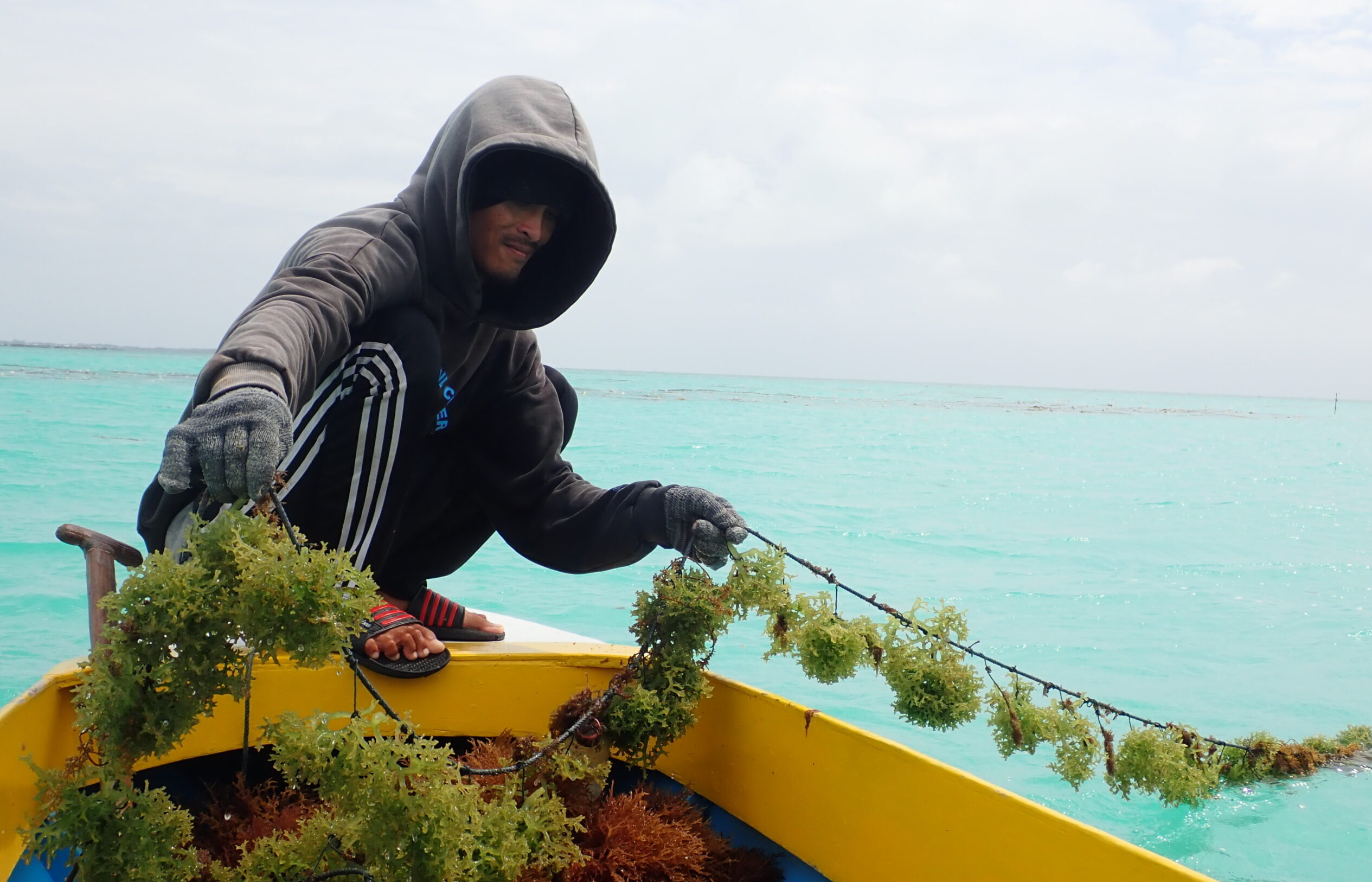
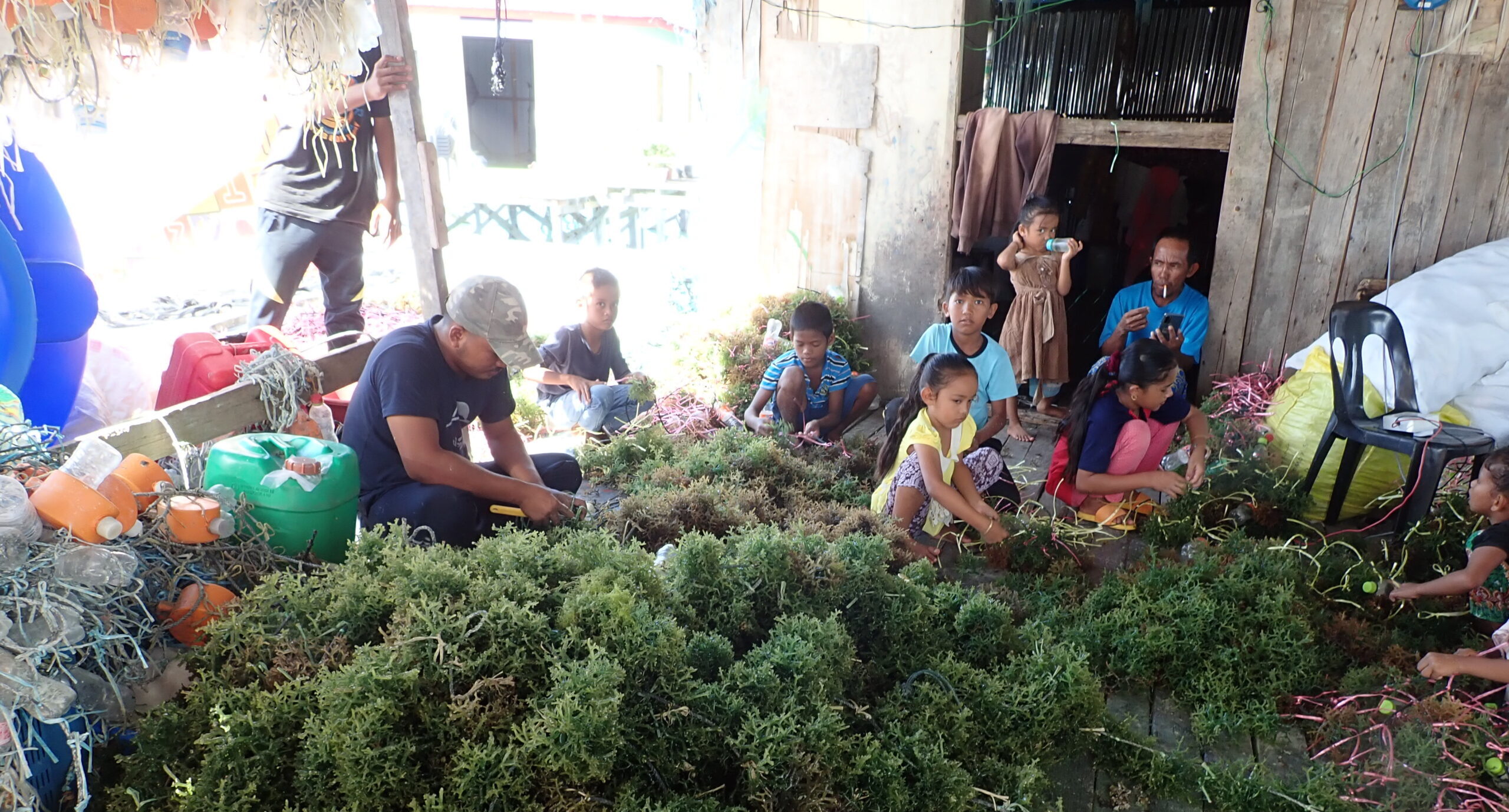
Challenge
Seaweeds are crucial for marine ecosystems, supporting biodiversity, providing essential ecosystem services, and playing a vital role in mitigating climate change. However, wild seaweed populations are predicted to lose up to 71% of their distribution by 2100 due to overharvesting, climate change, pollution, invasive species, and disease outbreaks. Despite their importance, wild seaweeds receive little to no protection globally.
The seaweed industry also sustains over 6 million farmers, particularly in Southeast Asia, where women play a central role in cultivation. While the sector is rapidly growing, it depends heavily on dwindling wild stocks and a limited number of cultivars, many of which lack resilience to climate change and are susceptible to pests and diseases.
Insight
To address these issues, GlobalSeaweed-SUPERSTAR is developing the ‘Seaweed Breakthrough’ strategy, which aims to protect, conserve, and restore wild seaweed populations while supporting the livelihoods of seaweed farmers and their communities. The recommendations below will help policymakers incentivise the seaweed industry to address UN SDGs 5, 8, 13 and 14; balancing socially-inclusive and gender-equitable economic growth, ocean health and occupational safety.
- Develop clear international seaweed related policies and regulations to improve biosecurity and genetic diversity.
- Develop global, regional, and national technology transfer and capacity building initiatives, focusing on biosecurity and genetic diversity.
- Develop regional and national seed stocks and biosecure nurseries, to review indigenous biodiversity, support the selection and diversification of seaweed varieties for cultivation.
- Maintain the genetic diversity in wild stocks by conserving wild seaweed populations through encouraging conservation zones, minimising the introduction of non-indigenous species, and encouraging the development of indigenous strains/varieties for commercial cultivation.
- Further develop assessment tools for balancing environmental and economic risks with the potential benefits of seaweed production.
Collaboration
GlobalSeaweed-SUPERSTAR brings together an international team of experts in science, policy and economics from across the world. The four core partners are based in the United Kingdom, Malaysia and Belgium.
“Our aim is to develop a global strategy that protects, conserves and restores wild seaweeds and enhances biodiversity, whilst supporting livelihoods of seaweed farmers and their communities. To achieve this we will work hard to create diverse and equitable partnerships and networks, new policies and practices to enable further investment in climate resilient initiatives, which will benefit a truly global industry.”
Discover more
More: globalseaweed.org
Watch: What is GlobalSeaweedSTAR?
Professor Elizabeth Cottier-Cook
Professor Cottier-Cook is Head of the United Nations University Associate Institute at SAMS and is passionate about making a difference in developing countries.
Elizabeth has published more than 65 peer-reviewed papers on topics such as environmental impacts of aquaculture and marine invasive species. Her 2016 United Nations University Policy Brief on safeguarding the global seaweed industry received coverage in 40 countries, reaching a total viewership of more than 100M.




